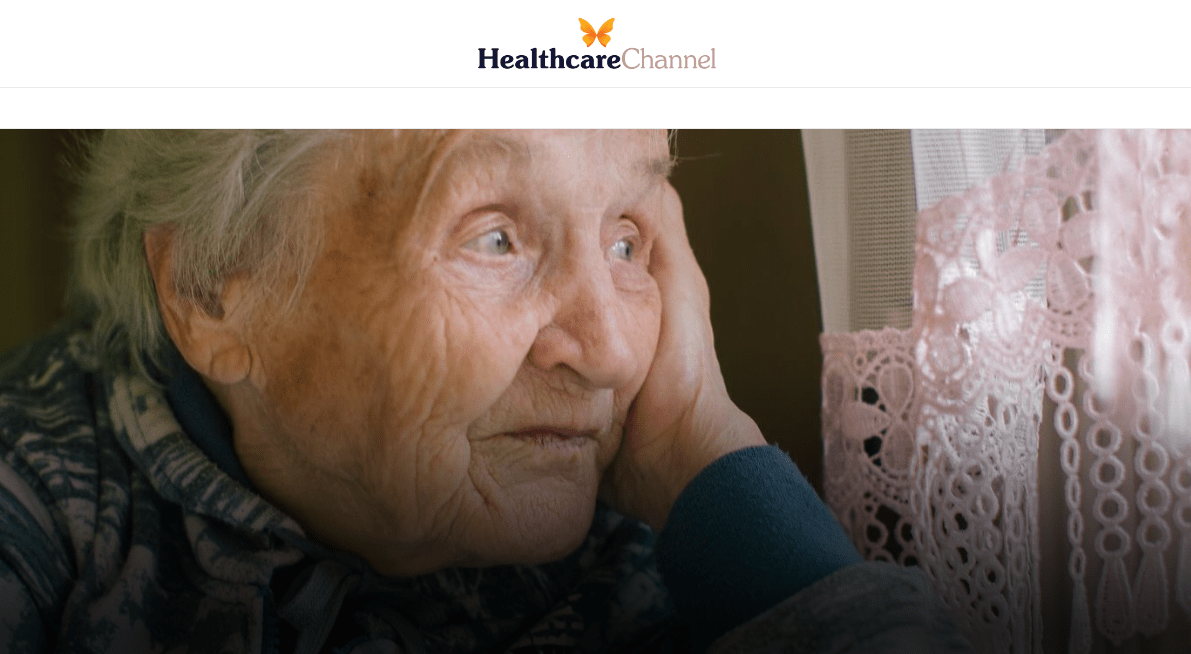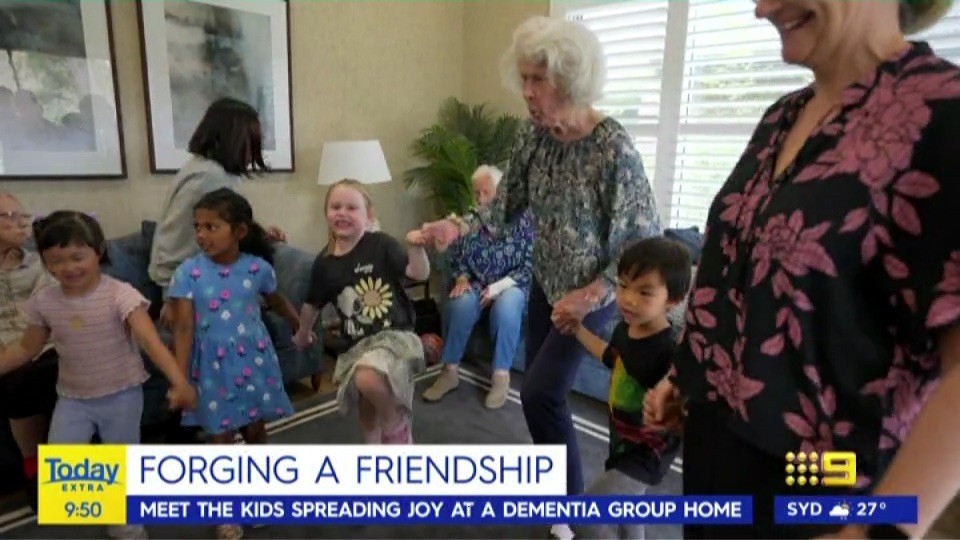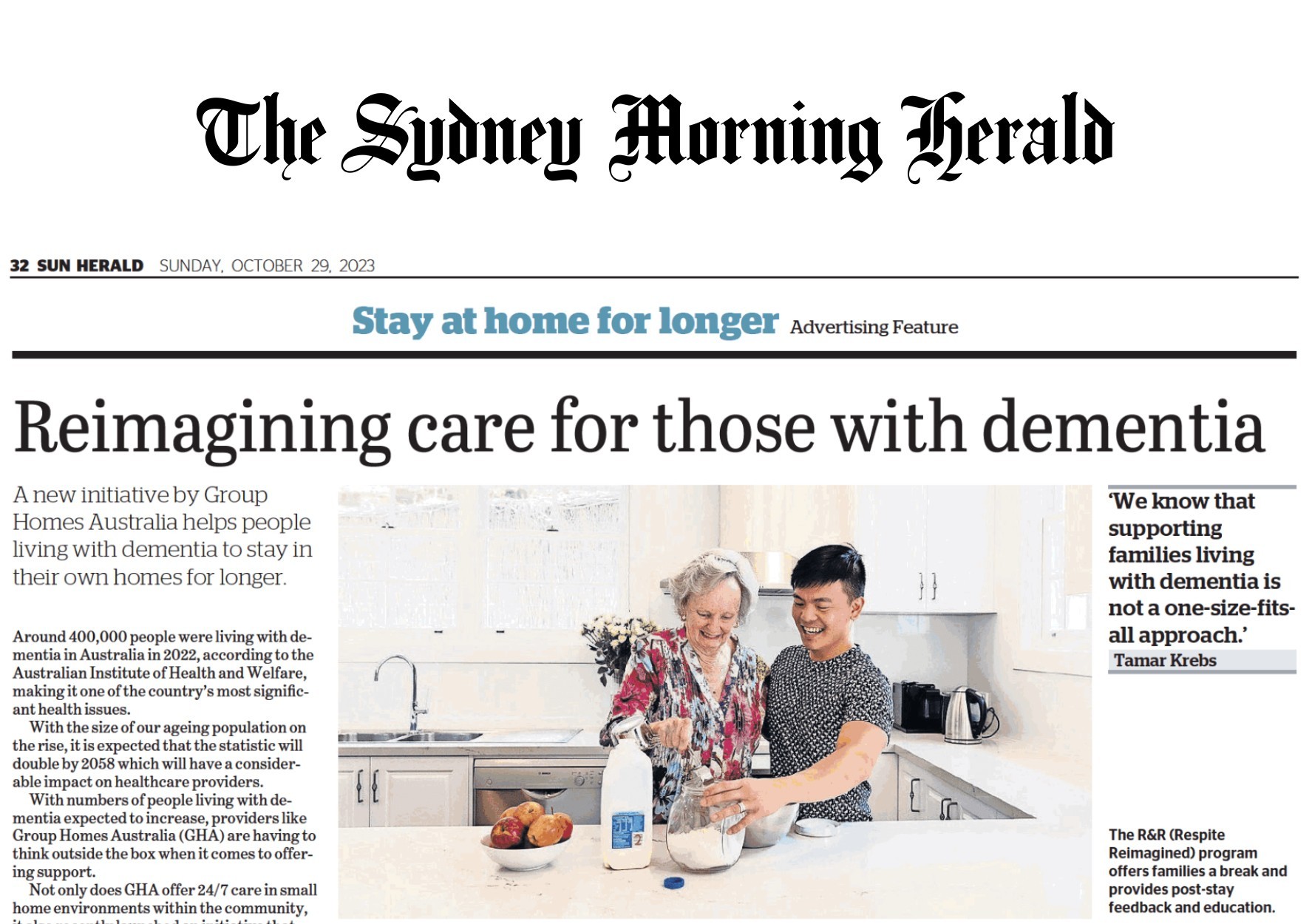Federal Government has put in place visitation restrictions into aged care facilities to protect older Australians with the clause that this could develop into facility lockdowns if the coronavirus, or COVID-19, escalates further reports Liz Alderslade from Talking Aged Care
It is leading to a lot of questions around what restrictions are and how they can affect your visitation rights to see your older loved ones, as well as how lockdowns will work if implemented in aged care facilities around Australia and the impact on the mental state of residents.
With potential lockdowns in the future, it is important that aged care homes staff and families are prepared to support their older loved ones through social isolation, loneliness and boredom.
Tamar Krebs, founder and co-CEO of Group Homes, says that social distancing can be tricky to manage, but is imperative for residents safety,
“I think it is really important for families to support carers as much as possible during this time, and for carers to support families. We are all on the same team here and that is to try and keep residents healthy as possible during this really difficult time. I think that is something we can all align and commit ourselves to this, we will get through this together,” says Ms Krebs.
“We have to think about it as social distancing, not self-isolation. So that puts a fair amount of responsibility on carers in the homes to make sure they are engaging residents with things that are meaningful and purposeful.
“It happens in aged care facilities or at Group Homes, just during the day doing those things that bring people purpose so they don’t feel that social distancing and make sure they are following the COVID-19 rules.
“Watching a movie together or getting them moving so their moods are elevated and they are feeling positive, not feeling the pressure.”
At Group Homes, they have encouraged families not to discuss the “pandemic” with their families too much because it can cause a level of anxiety and fear.
For their residents, many with dementia, they may be watching the issue on the television and forgetting later, but they still have that anxious feeling without being able to articulate what the provoking element is.
“Like we would do in any place when a person is anxious, we would validate them and help them work through the anxiety, whether that is engaging them with something calming, it could be a massage, listening to music, cooking, baking, anything that can help with the information overload,” says Ms Krebs.
You can read the entire article at Talking Aged Care by clicking here.
For further information please don’t hesitate to contact the Group Homes Australia Home Support Office.
We would like to take this opportunity to thank you for your ongoing support as we all manage this challenge with dignity.







0 Comments